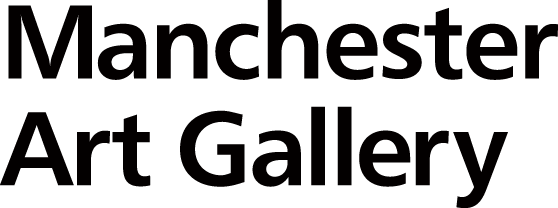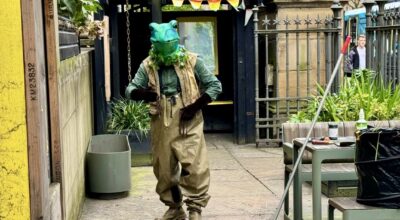Understanding Manchester Art Gallery’s Contribution to Pandemic Recovery

Here in Manchester, like many regions across the north, we have been preparing for the transition next week from lockdown to Tier 3. While we are not surprised by this, the cultural sector is devastated by the news that museums, galleries, theatres and other public venues will not be able to open. This is particularly galling as non-essential retail (and even our own museum stores), gyms and hairdressers have been given the green light to resume their trade. From 2 December we can hit the shops and the treadmill but we cannot find solace and wander freely in a spacious 3000 sq metre art gallery with carefully timed and limited entry.
Not only does this defy logic, it seems to penalise specifically cultural organisations that have worked so relentlessly and invested so heavily to make ourselves safe and secure places to visit – and all with generous Government support.
This is not about the visitor economy, it is about the lifeline that art and culture provide to so many people, especially now, to provide an environment of care and consideration and wonder.
Today Manchester Art Gallery publishes a report in response to Neil Mendoza’s call to arts organisations to demonstrate how they can contribute to the nationwide recovery, as the sector “finds it very hard to quantify” the positive impact it has on communities when making its case to the Treasury.
98% OF VISITORS REPORTED FEELING COMPLETELY SAFE AND 58% SAID THAT THEIR VISIT HAD GIVEN THEM MORE CONFIDENCE TO RETURN TO OTHER PUBLIC SPACES.
Since re-opening our galleries to the public in mid-August, we have been overwhelmed by the outpouring of thanks from our visitors, who see these free, safe public spaces as the first step to re-engaging with the world, seeking an opportunity to engage with things that offer joy, even while feeling anxious about returning to public spaces. 98% of visitors reported feeling completely safe and 58% said that their visit had given them more confidence to return to other public spaces. As lockdowns and isolation continue, re-socialisation and re-connection becomes an even more pertinent issue.
This crisis has exposed many fissures and inequities in our society, but it has also exposed our fundamental need for art at the centre of our lives, in all its forms from cooking to Caravaggio. This week I have had many calls from workers in the health sector, exhausted by relentless demands of caring, desperate for our doors to be open; “just to have some joy in all this”, as one said.
We therefore call on government to reassess this decision, and for a wholesale re-evaluation of the way the arts are considered. As we move towards some kind of life beyond Covid, we do not need a baseline economy, but a generative and inclusive one that capitalises on our creativity, and in this mix, museums and galleries gymnasia for the soul.
Alistair Hudson, Director of Manchester Art Gallery and the Whitworth. 27 November 2020



